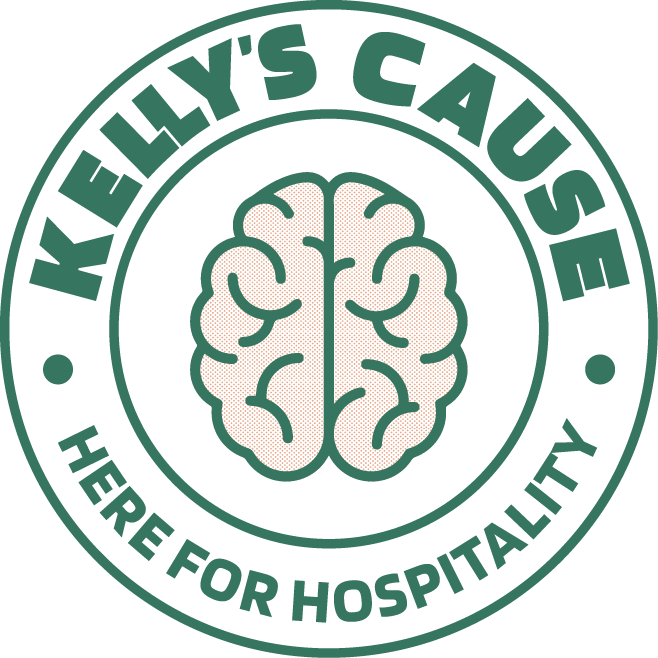The Skills You Need to Become a Mental Health First Aider
Becoming a Mental Health First Aider requires a core set of skills which will equip you with the right tools to be able to support colleagues and employees in your workplace whose mental health may be suffering.
What you will find is that the skills needed to be a mental health first aider are actually more to do with soft skills. It’s all about developing the understanding and empathy needed to help others around you feel at ease when they need to speak to someone.
Below is a list of the key skills you will learn when taking a mental health first aid training course.
Active listening
The art of listening is the greatest form of communication, yet it’s something we can so easily get wrong. There is also a difference between active listening and what is known as passive listening.
What is the difference between passive listening and active listening?
Active listening is when you engage fully to understand exactly what is being said. Active listeners will speak less and give the person speaking to them a better platform to be heard and understood. This is a two-way form of communication and benefits both the listener and the speaker, making for more efficient and effective understanding.
Passive listening is when you appear to be listening but may have your mind on another task, for example, if you are counting the cash in the till while your employee is talking to you. This can hinder communication and make you appear to not be taking the other person seriously.
The most successful mental health first aiders will be able to actively listen to their colleagues or employees.
Empathy
People who suffer from poor mental health are more vulnerable than others, and they need someone who can really empathise with their situation to reassure them. By developing your empathetic skills, you will be more attuned to your colleague’s feelings. This can even help you pick up on something that may be wrong before the person approaches you, allowing for even quicker resolution. This is particularly important because according to MIND, there are as many as one in four UK workers struggling in silence.
Non-judgemental attitude
One of the most important skills you can develop is that of an open and non-judgemental attitude when dealing with an employee or colleague who has a mental health issue. This is all about body language and non-verbal cues; no one intends to come across as judgemental. Being able to demonstrate complete understanding to your staff will make them feel more at ease and able to discuss their problems with you.
Compassion
It may seem like this isn’t a skill that can be learned – some people are more compassionate than others. However, people may show their compassion in different ways. If you are a natural introvert, you may need to alter the way you demonstrate your compassion, for example through body language. Our mental health first aid training will give you the tools to do this.
Confidence
Finally, increasing your confidence in dealing with mental health in the workplace will benefit both you and your colleagues. If they know that you can respond to a situation calmly and quickly, they will feel reassured and confident that they can trust you. Confidence allows you to be more adept at handling different situations and will allow you to respond quicker, which could prevent a serious incident occurring.
These are just a few of the different skills you need to be a mental health first aider. Our training courses provide you with all these skills, as well as a broader understanding of the role of mental health first aid in the workplace. If you are interested in one of our training courses, please get in touch today.

